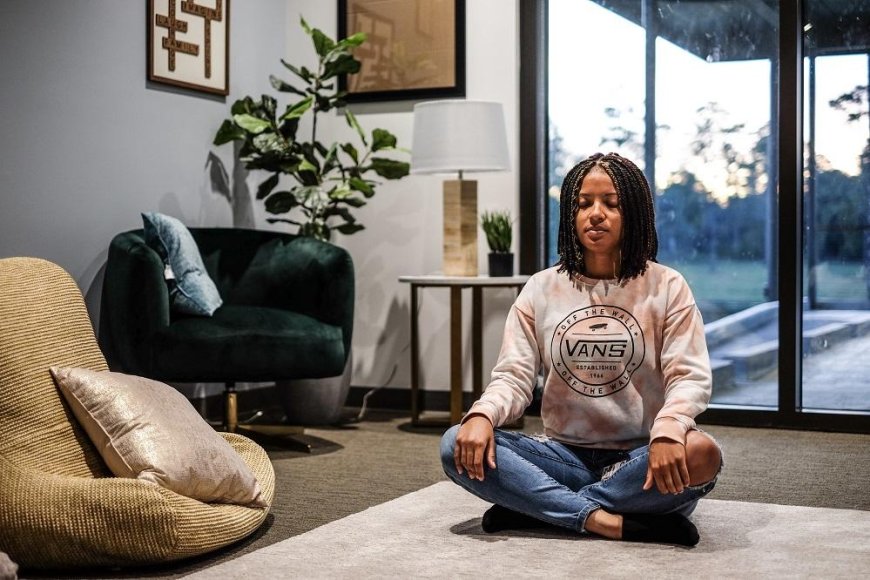How to Deal with Stress as a Medical Student
College of Osteopathic Medicine said it's imperative that mental illness be discussed. How to Deal with Stress as a Medical Student.

Many first-year medical students are leaving their hometown and loved ones for the first time to begin a rigorous academic schedule. It can be stressful and sometimes negatively impact their health. Jay Feldstein, DO '81, CEO and President of Philadelphia College of Osteopathic Medicine said it's imperative that mental illness be discussed. How to Deal with Stress as a Medical Student.
"There's nothing abnormal about being anxious or depressed. People should be able to talk about their health in a safe environment and not feel judged. Simone Biles has done more for mental health awareness in the last month than anyone in the last 15 years," he said, referring to Biles' recent Olympics decision.
Ann Contrucci, MD, FAAP, assistant professor of pediatrics at PCOM South Georgia, said that depression is diagnosed in 15-30% more of medical students than the general population. With so many students dealing with mental illness, she provides tips on how to handle stress during medical school.
Have a Proper Sleep Schedule
"The brain is an organ, too, and it has to be treated as one. It's proven that retrieval of information can only be done with consistent sleep. Cramming does not work for long-term retrieval," she said.
Eat Nutritious Foods
"Healthy does not imply the latest fad diet," said Dr. Contrucci. "Healthy means eating all food groups in moderation and being careful with things like alcohol or other mood-altering substances."
Exercise
Dr. Contrucci said that any exercise can be beneficial to students' health. Further, multiple studies have found that yoga helps with anxiety. Exercise can be as simple as going for a walk daily or as consistently as possible.
Must Read: Birmingham researchers confirm speed COVID-19
Have Social Support
The COVID-19 pandemic gave many people the realization that we, as humans, need support. It highlighted the need for social support networks and having a "person" to confide in and socialize with. Dr. Contrucci clarified that "texting and social media are not support systems."
Minimize Social Media and Screen Time
Multiple studies have shown the negative effect that social media and screen time have on students.
"Mindfulness can replace mindless scrolling on social media," she said. This can be as simple as practicing breathing techniques a few minutes a day."
Philadelphia College of Osteopathic Medicine (PCOM) established PCOM South Georgia in Moultrie, Georgia, in 2019. The campus offers a four-year medical program leading to the Doctor of Osteopathic Medicine (DO) degree and a two-year biomedical sciences graduate program. Reuters
